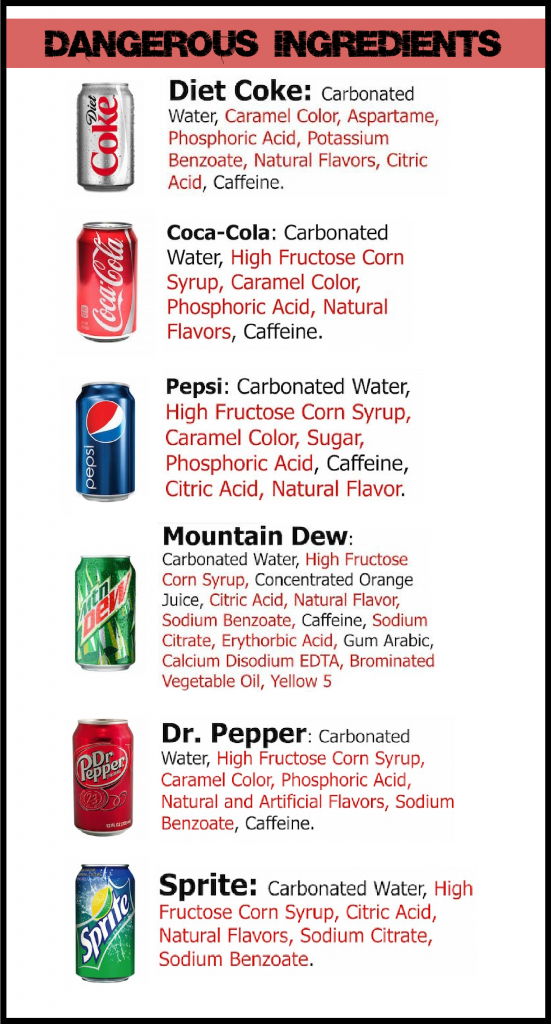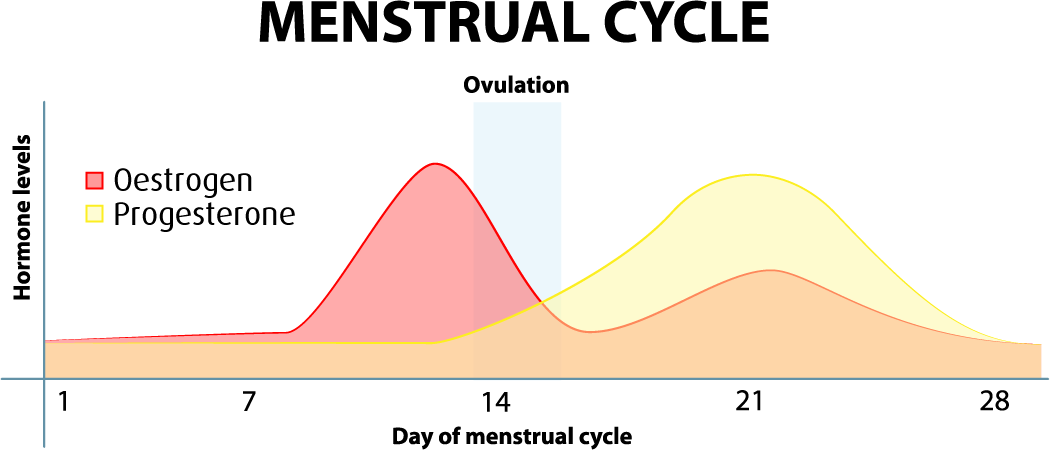A good friend and I went to dinner one night and she ordered a diet soda with her meal. I looked at her and couldn’t really help my reaction. It was so strange to me that she’d demonized the gluten-free crackers I’d ordered with our charcuterie, but felt comfortable with a diet soda. Knowing me enough to read my mind, my friend simply shrugged, saying, “We have to die someday, right?” I always have an answer when it comes to health and this time I just had to remind her, “There are worse things than death.” The conversation moved then to our normal chatter.
But I just couldn’t stop thinking about the diet soda.
The sweet drink that takes up its own aisle in a grocery store is one of the worst things in the American diet and yet we continue to make it a billion dollar industry. We give it to our children and then wonder why childhood obesity is at an all-time high. We’re addicted to it and we’ve been led to believe that the diet version is safest when really pop or soda in all forms are doused with dangerous levels of sugar, artificial sweeteners, and hazardous chemicals.
What’s in Soda and Diet Soda
Sugar:
A single, 20-ounce bottle of regular soda can contain more than 16 teaspoons of sugar. Now dump 16 teaspoons of sugar on your table just to get an idea of what on average 63% of adults and 80% of children consume in one or more sittings per day. I don’t need to say it again, but I will—sugar is terrible. It feeds chronic illness including obesity, cardiovascular disease, diabetes as well as cognitive decline and even cancer. Sugar has shown repeatedly to raise triglyceride levels and lower HDL (“good cholesterol”). It contains high amounts of calories and has zero benefits, which is why those who consume soda daily can gain about 25 pounds per year. This is why many switch to diet soda rather than quitting it completely. But is it really better for you? Short answer? NO.
Artificial Sweeteners:
Just because you opt for a diet soda doesn’t mean you’re doing anything good for your health. Artificial sweeteners or non-nutritive sweeteners have shown to stimulate appetite, increase sugar cravings, and promote fat storage, weight gain, kidney failure, and diabetes. Let’s think about this. What’s the big difference between a natural sweetener and an artificial sweetener? Calorie content. When you eat something artificially sweetened, if it has little to no calories, your brain is tricked into wanting more calories because your body is not getting satisfied. This sounds all good for those who want to lose weight, but the craving is still there because your body has not been satisfied with calories (aka energy). Even worse, you had a little tease of something sweet. What do we do when we’re not satisfied? We crave more. You continue craving sweets, which eventually turns to eating sweets, gaining weight, and getting sick. You might have been better off eating the sugary version, but don’t test that theory. Just have some fruit instead.
Aspartame:
The artificial sweetener used in most diet sodas is aspartame, which I’m sure you’ve heard. There’s a great debate about this little ingredient that makes me think it might not be so little, after all. Many companies that benefit from this ingredient (think: Neotame®, Equal®, NutraSweet®, Blue Zero Calorie Sweetener Packets™, Advantame®, NutraSweet New Pink, Canderel®, Pal Sweet Diet® and AminoSweet®) might argue that the three main chemical compounds (phenylalanine, aspartic acid and methanol) aspartame breaks down to are safe because they’re in small doses or occur naturally in fruit juices. Sadly, this is not true because beside the fact that they carry zero health benefits, they’re pretty dangerous when consumed in any level and are absorbed into the bloodstream quite quickly.
Hazardous Chemicals:
Most sodas use “caramel coloring” to give them that dark look. There are actual studies on this, but here’s the gist if you’d rather not read through the report. When caramel coloring is produced, 4-methylimidazole (4-MEI) is formed during its manufacturing. What’s that, you ask? A possible human carcinogen. Yes, 4-MEI is a suspected cancer-causing ingredient. It’s dangerous and it’s unnecessary, and I certainly wouldn’t want it traveling through my bloodstream. Think: You’ve just grabbed a cookie and someone shouts, “There may or may not be rat poison in that!” Would you eat it? No, me neither.
Tips to Quit
- Read Labels and look up ingredients you don’t know or can’t say. Investigate what you’re putting into your body. I find it utterly dumfounding that human beings will research a product they’re buying for their cars or homes, but will not investigate strange ingredients in something they’re putting into their bodies.
- Don’t go cold turkey. Just like any other addiction or bad habit, you need to take your time kicking the soda habit. Set a date. Cut down on your soda consumption every day until you hit that planned, FINAL day. Then stick to it.
- Learn to love water. Fill up your day with clean, premium water. Carry a refillable water bottle around with you at all times. Make sure it’s always full and always handy. You can train your body to love and CRAVE water.
- Treat yourself in moderation with these healthy alternatives: organic raw kombucha; sparkling water or plain water sweetened with lime juice, organic cranberry juice (with no added sugar), organic cucumbers, and fresh or frozen organic strawberries; 100% raw coconut water; organic, unsweetened green, peppermint, or ginger teas; fresh pressed green juice from a juicer; or even iced or hot coffee (no sugar; almond or oat milk for cream).
Final Thoughts
Americans, young and old, are addicted to soda and diet soda. Ingredients like sugar and artificial sweeteners, however, make these treats extremely dangerous when consumed regularly. It’s just not worth the risk. If you are struggling to kick the soda and diet soda habit, at Forum Health Clarkston, our experts give key advice on how to make lifestyle changes that will help you crave healthy alternatives, lose weight, and live in vitality. Call today to register for our monthly Meet and Greet! 248-625-5143
Adrian Schirr
Forum Health Clarkston
7300 Dixie Hwy. Ste 500
Clarkston, MI 48346
248-625-5143
https://www.health.harvard.edu/blog/artificial-sweeteners-sugar-free-but-at-what-cost-201207165030
https://www.bphc.org/whatwedo/healthy-eating-active-living/sugar-smarts/be-sugar-smart/Pages/Sugary-Drinks-by-the-Numbers.aspx
https://www.healthyharford.org/truth-sugar-chronic-disease
https://www.ncbi.nlm.nih.gov/pmc/articles/PMC5133084/







